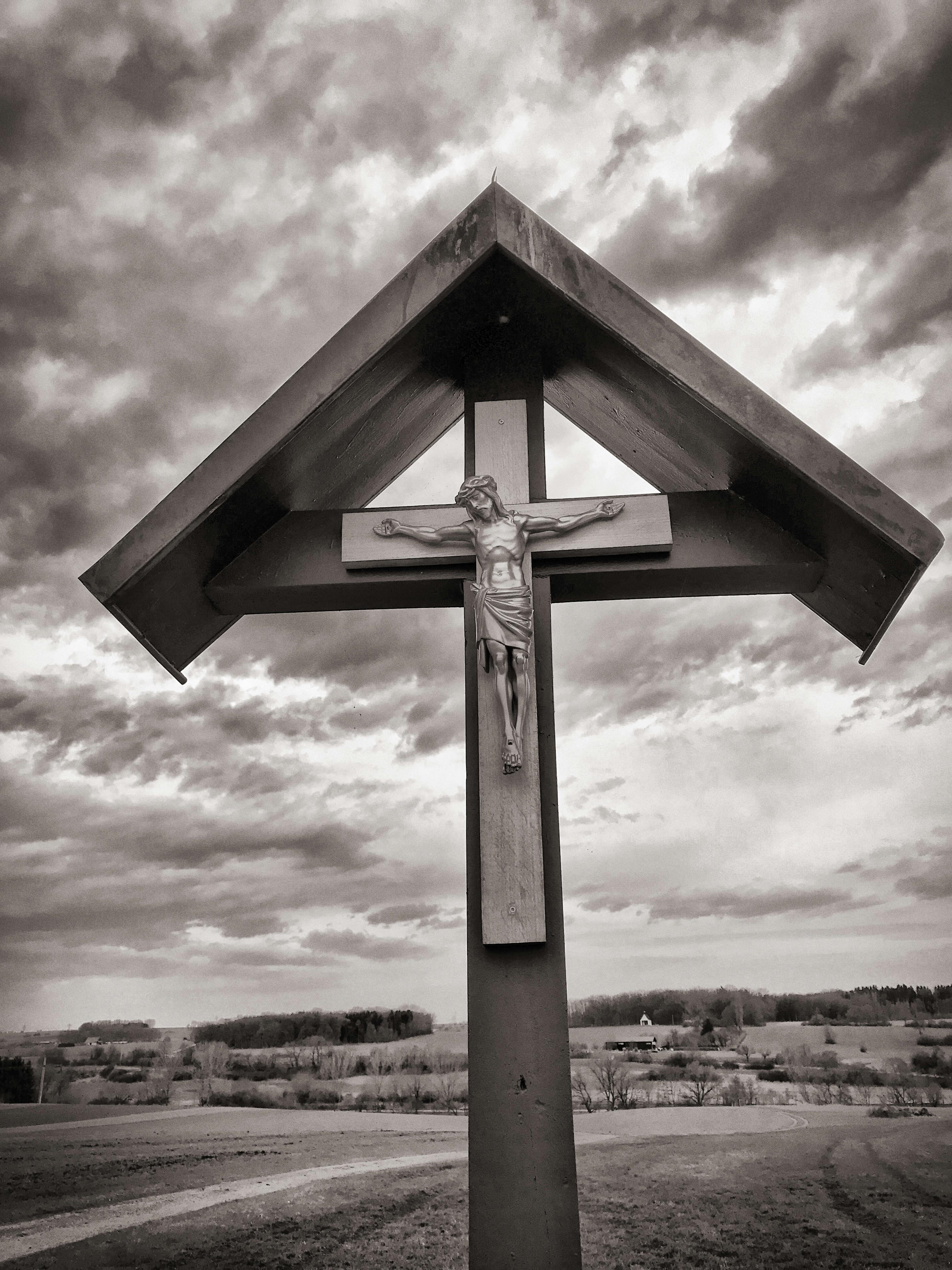The Peaceful Death of St. John the Apostle
St. John the Apostle, often referred to as the "Beloved Disciple," holds a unique and revered place in Christian history. As one of the twelve apostles of Jesus, John witnessed firsthand the teachings, miracles, death, and resurrection of Christ. His close relationship with Jesus, his role in the early Church, and his theological writings have left a lasting impact on Christian faith. While much is known about John’s life and ministry, the story of his death is equally profound, offering us lessons of faith, endurance, and unwavering devotion to Christ.
The Apostle Who Lived Longest
Out of all the apostles, St. John is the only one who is believed to have lived to an old age, dying around the end of the first century. While most of the apostles suffered martyrdom for their faith, John’s death stands apart, being one of natural causes, yet it was still filled with its own unique circumstances and significance.
According to Christian tradition, John lived to an advanced age, surviving the intense persecutions that many of his fellow apostles faced. It is widely believed that he lived into his 90s, a remarkable length of time considering the perilous nature of life in the early Christian community. His prolonged life allowed him to continue his ministry for decades after the death and resurrection of Jesus, during a time when the early Church was growing rapidly but also facing immense opposition.
Exile to Patmos
Before his death, St. John endured significant hardship as a faithful follower of Christ. In the late first century, during the reign of the Roman emperor Domitian, John was exiled to the island of Patmos, located in the Aegean Sea. The emperor, notorious for his persecution of Christians, sent John into exile due to his outspoken faith and leadership in the early Church. This period of exile is significant for several reasons, not the least of which is that it was during this time that John received the visions recorded in the Book of Revelation, the last book of the New Testament.
Revelation, often regarded as a prophetic and symbolic text, was written by John during his time in exile on Patmos. The book is filled with imagery and messages about the ultimate victory of God over evil, the second coming of Christ, and the final judgment. John’s time in exile, though challenging, was not in vain; it provided him the opportunity to receive these divine revelations that have shaped Christian eschatology (the study of end times).
John’s Death: A Natural End to a Life of Faith
Despite enduring exile, persecution, and hardship, St. John is believed to have died of natural causes in the city of Ephesus, where he spent the final years of his life leading the Christian community. Unlike the other apostles, who met martyrdom, John’s death came peacefully. He is often said to have died around the year 100 AD, marking the end of the apostolic era. His death was not accompanied by the violent persecution that characterized the lives of many of his fellow apostles, but it was still a culmination of a life fully dedicated to the service of Christ.
The peaceful nature of John’s death stands in stark contrast to the way many of the early Christians died, often under brutal circumstances for their faith. However, John’s death symbolizes the endurance and strength that come with a life devoted to God. Even though he did not face a violent death like his fellow apostles, his ministry and legacy were no less powerful. In fact, John’s writings - his Gospel, three epistles, and the Book of Revelation - continue to be central to Christian doctrine and have deeply influenced the Church.
The Legacy of St. John the Apostle
St. John’s death marked the end of an era, but his legacy lived on. As the author of the Gospel of John, he provided the Church with profound theological insights, emphasizing the divinity of Christ, the importance of love, and the call to eternal life through Jesus. His Gospel is unique in its focus on the intimate relationship between Jesus and His followers, showcasing a deep spiritual connection that transcends the physical realm.
John’s three epistles, often referred to as 1, 2, and 3 John, continue to offer Christians guidance on how to live out their faith, emphasizing love, truth, and the importance of abiding in Christ. The letters contain some of the most direct and powerful teachings on Christian love, with the famous declaration in 1 John 4:7-8: "Let us love one another, for love is from God, and everyone who loves is born of God and knows God."
The Book of Revelation, written by John, remains one of the most mysterious and thought-provoking books in the Bible. Its vivid imagery of the end times, the struggle between good and evil, and the ultimate victory of Christ has inspired countless believers to maintain their faith and hope in the promises of God, even in times of trial and persecution.
The Importance of St. John’s Life and Death
The death of St. John the Apostle may not have been marked by martyrdom, but it was no less significant. John’s life and ministry demonstrate unwavering commitment to Jesus Christ, and his peaceful death reflects the strength that comes from living faithfully for Christ throughout one’s life. His death marks the closing of the apostolic age but also serves as a reminder that the message of Christ is timeless and will continue to guide and inspire Christians throughout the ages.
As we reflect on the death of St. John, we are reminded of the power of perseverance, faith, and love. John’s legacy encourages us to live with purpose, to endure trials with hope, and to always trust in the eternal promises of God, just as he did. His life is a testament to the unwavering truth of the Gospel, and his peaceful death serves as a reminder that our ultimate hope lies not in the trials of this world but in the eternal life promised to all who follow Christ.
May we strive to live lives of faith like St. John, trusting in God’s plan for us, and looking forward to the eternal joy of His presence.





















